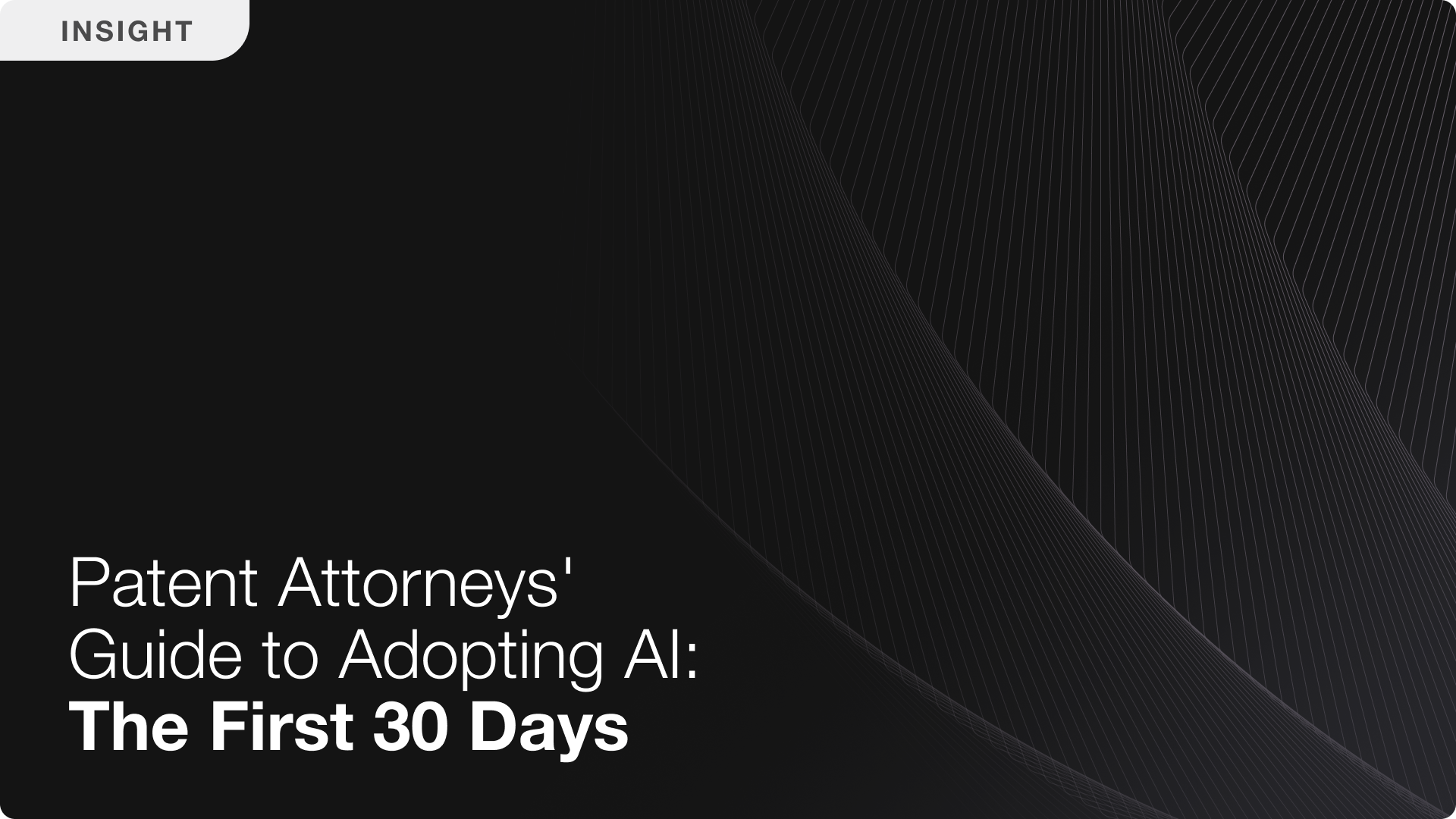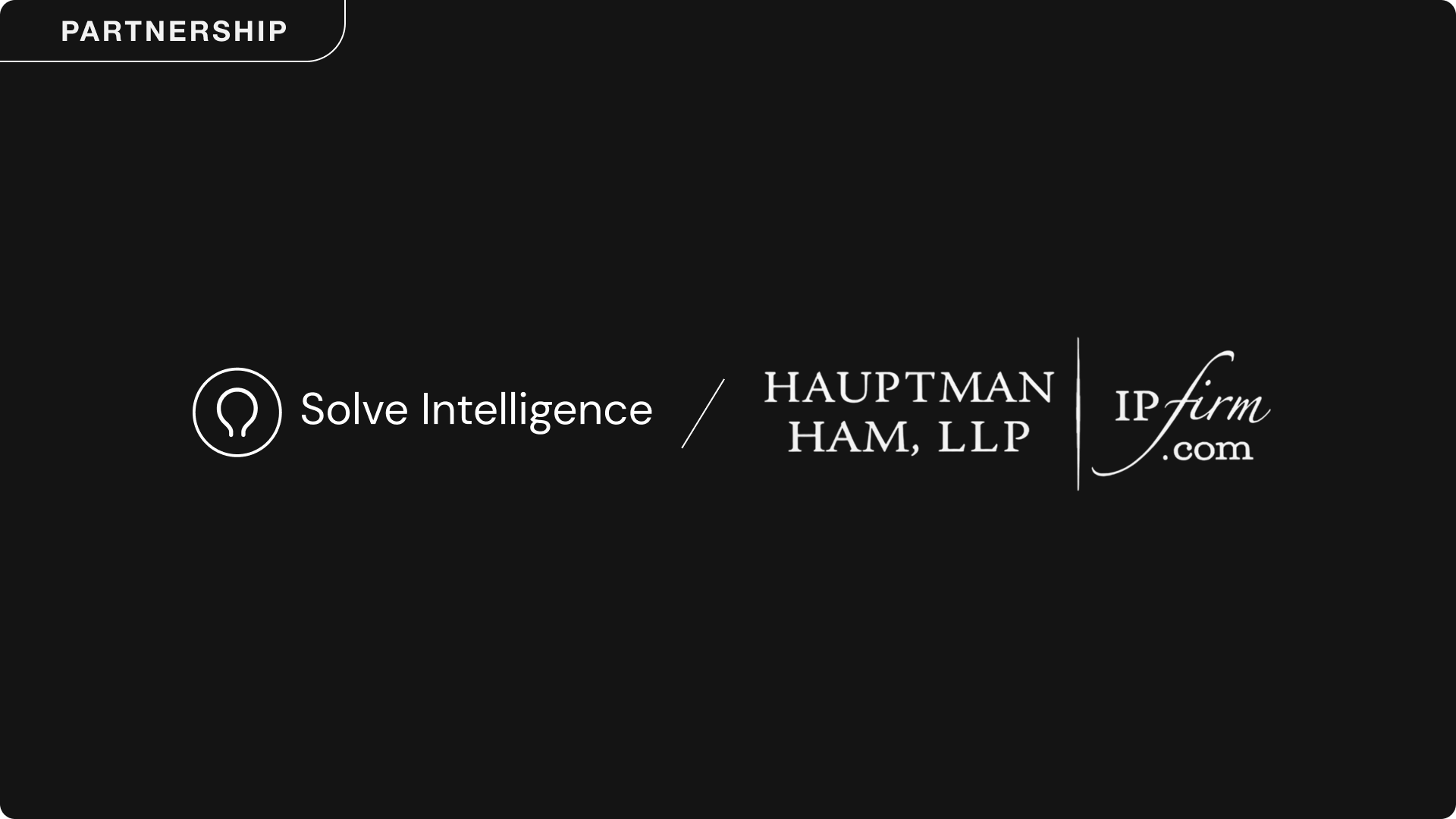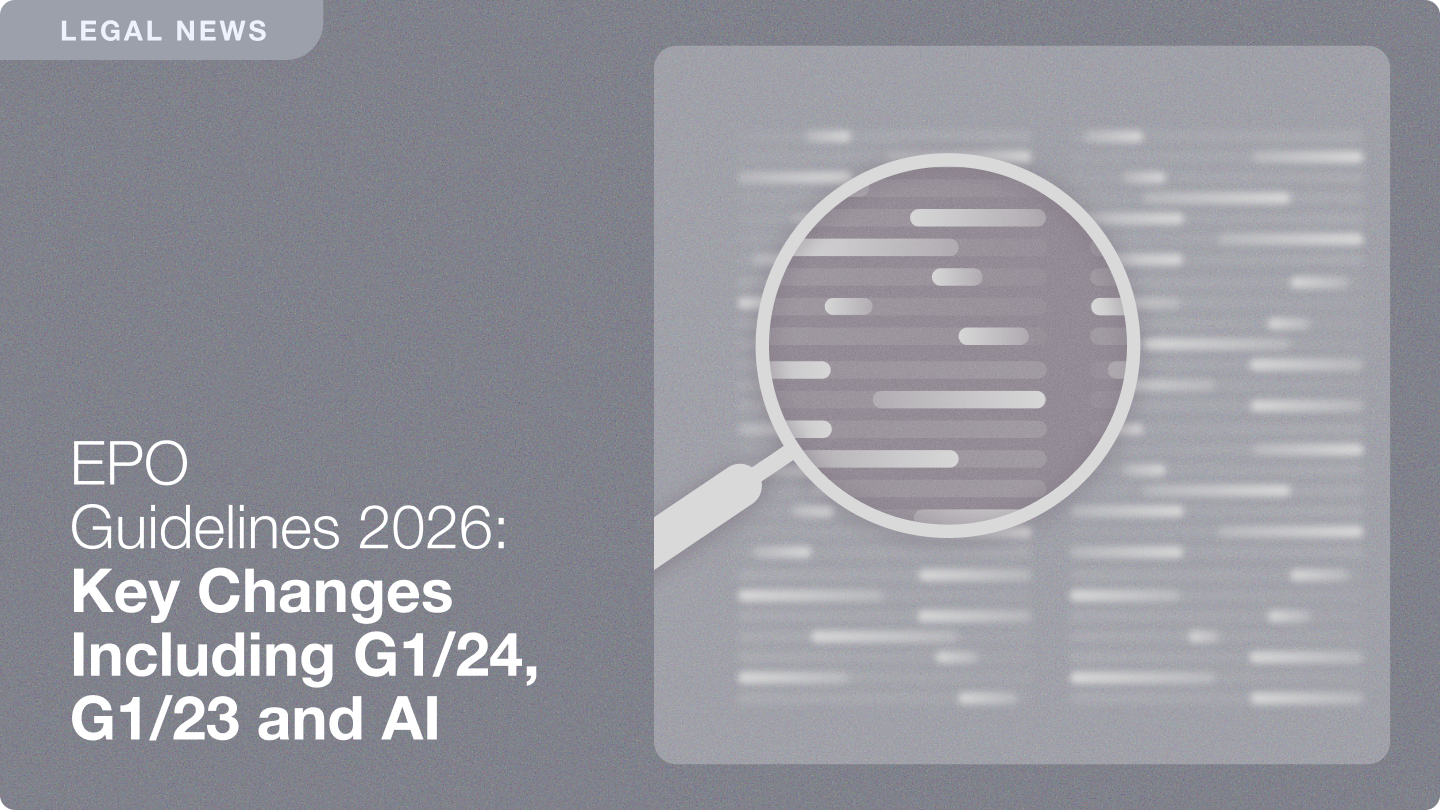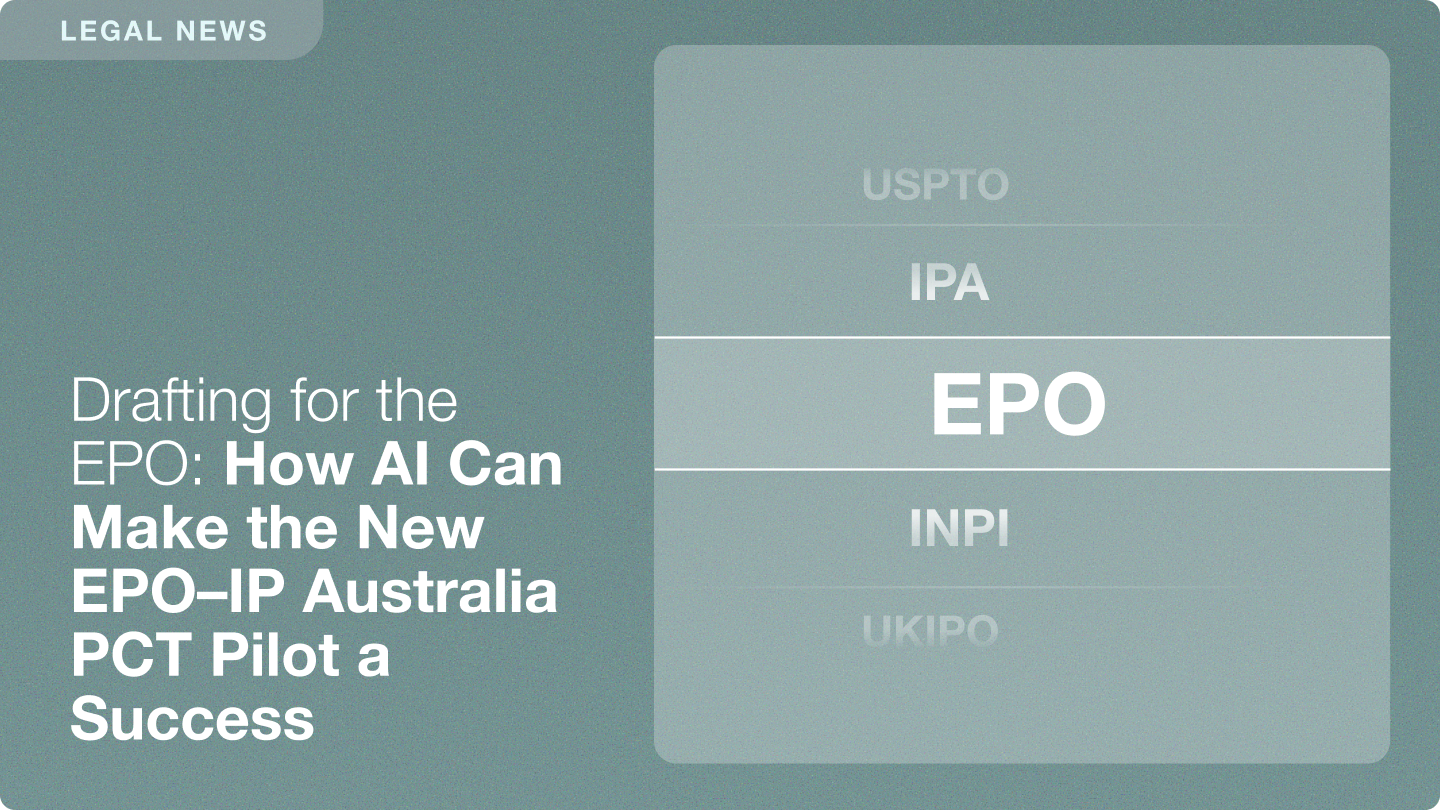UK Supreme Court grants permission for Emotional Perception Appeal
The UK Supreme Court has granted permission for Emotional Perception AI to appeal the decision of the Court of Appeal of 19 July 2024, in the latest chapter in this potentially pivotal case addressing the patentability of computer-implemented inventions, specifically those involving artificial neural networks (ANNs).
A Journey through the Courts
At the heart of this case is a patent application to an Artificial Neural Network (ANN)-powered music recommendation system. Emotional Perception AI initially succeeded at the High Court, which found the invention fell outside the exclusion for computer programs ‘as such’. This initial decision caused quite the stir, as it was in stark contrast to how AI-related inventions were previously dealt with in the UK. The UKIPO even issued Statutory Guidance a week later which indicated that ANNs should be dealt with differently (and arguably more favourably) when assessing patentability issues.
The Court of Appeal, however, disagreed. It concluded that the invention was caught by the exclusion and reaffirmed that ANNs, like other computer-implemented inventions, must demonstrate a sufficient ‘technical’ contribution to escape it. The decision of the Court of Appeal effectively reset the issue to business as usual - whereby ANNs are considered no differently or more favourably than any other computer-implemented invention.
What’s Next?
With permission to appeal granted, this case will now come before the UK’s highest court. The involvement of the Supreme Court illustrates the potential significance of this case, and provides an opportunity to revisit the complex and often-debated boundaries of patentable subject matter in the UK. More specifically, we may get a final answer on some of the key points of contention surrounding this case, such as:
- Whether the application of ANNs is inherently technical;
- What may be deemed a 'technical contribution' in the realm of AI; and
- How to interpret the exclusions to patentability in light of new and evolving technology areas such as AI.
Broader Implications
If the Supreme Court upholds the Court of Appeal’s ruling, it will confirm the long-standing application of the law by the UKIPO - ANNs, like other software innovations, must provide a technical contribution that falls outside a computer program ‘as such’. However, a decision in favor of Emotional Perception AI could mark a shift, potentially making the UK a more favorable jurisdiction for AI-related inventions than the EPO.
For these reasons, the progress of this case at the Supreme Court will be closely watched by patent professionals and innovators alike. Whether the Court will reinforce the current legal framework or open the door to further technologies remains to be seen.
AI for patents.
Be 50%+ more productive. Join thousands of legal professionals around the World using Solve’s Patent Copilot™ for drafting, prosecution, invention harvesting, and more.





